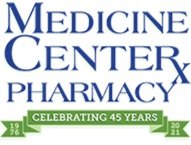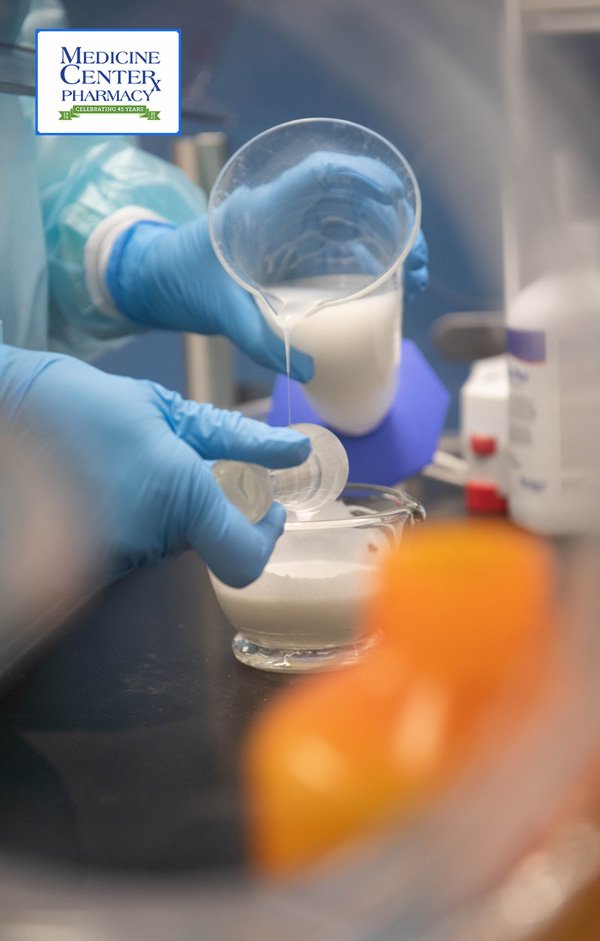**Updated: the New Closing Date for public comments is October 15th, 2020.
Protect your access to customized compounded medications for your pets.
The FDA has released a Guidance for Industry #256 that if approved as is and enforced will directly affect how your veterinarian can provide care for your favorite pet or animal. Below we have outlined some facts with the assistance of PCCA and Alliance for Pharmacy Compounding that are listed to demonstrate the far reaching scope of this prepared to submit to the FDA so that we can share what challenges this will cause for veterinarians, pharmacists, owners, and animals if this guidance document is enforced in its current form.
The policy requires compounded animal medications to be prepared from FDA-approved products with the idea that these deliver better quality active ingredients and better quality to the final compound. FDA currently regulates manufacturers of active ingredients, making the reliance on approved products an unnecessary burden. Further, no evidence is available that compounds made from approved products are of higher quality. In fact, USP has shown failures of compounds using approved products. The end-result is a more expensive compound that is not proven to have higher quality. This unnecessary stipulation will lead to fewer animals being able to receive their needed medications, or sadly, euthanized.
The Draft Guidance fails to recognize that pharmacists generally lack access to approved animal products to be able to compound with them. Further, the Guidance does not recognize the need for compounds to be made in cases of shortages of animal drugs. Human drug shortages are no secret in the marketplace. Products as simple as sodium bicarbonate and cyanocobalamin were in short supply for a considerable amount of time, there is no reason to assume that this is not possible in the animal space.
The Draft Guidance attempts to enter into the practice of veterinary medicine and single out these animal health professionals as the only ones required to document their rationale for their prescription, as opposed to the prescription itself being the expression of their best choice for that individual patient based on their education, training and experience.
The Agency has previously registered its concerns with splitting tablets for the purpose of creating fractional doses; yet, somehow recommends this practice for animal patients rather than compound an appropriate dose.
The policy on patient specific animal compounds requires that the medication be prepared in compliance with applicable “USP monographs for a compounded finished product.” These formulations are not appropriate for all species and force some animals to be exposed to ingredients that can be detrimental to their health.
USP monographs for compounded formulations do not consistently use FDA-approved products as a source of active ingredients, instead, favoring bulk pharmaceutical ingredients. This directly contradicts the FDA’s other requirement to use approved products as the source of active ingredients.
The FDA does not have statutory authority to regulate animal compounding from bulk ingredients. Federal law discusses the application of the Agency’s extralabel use provisions to drugs with an approved application as an animal drug. Further, the scope of the Agency’s own regulations state that they apply to “the extralabel use in an animal of any approved new animal drug or approved new human drug” (emphasis added).
The FDA has no ability to create a positive or negative list of bulk ingredients related to office use of compounded medications for animals. Further, this appears that FDA is once again attempting to apply provisions from DQSA to animal compounding. Congress has chosen for compounding from bulk ingredients to be available for human patients and it is illogical to conclude that they would prohibit or limit this for animal patients in the ways that the Draft Guidance proposes.
Animal owners, Veterinary providers, and pharmacy staff members are encouraged to submit comments to the FDA during this draft period before June 17th, 2020**. You can download a template here and customize it to share your views and make it unique.
**Updated: the New Closing Date is October 15th, 2020.
Submissions can be made on the FDA website at” https://www.regulations.gov/














